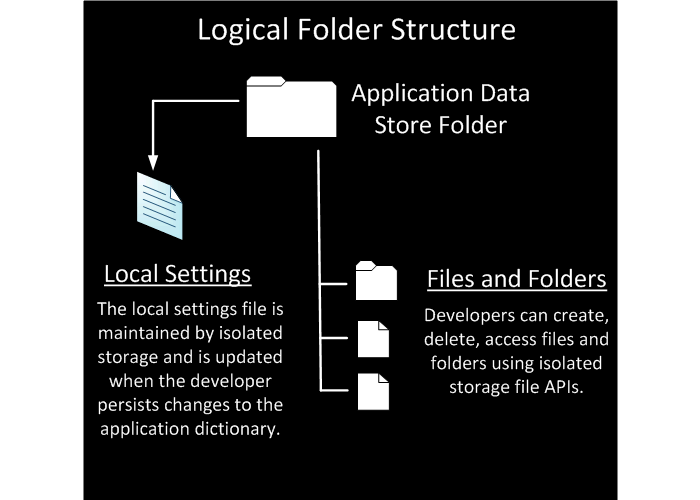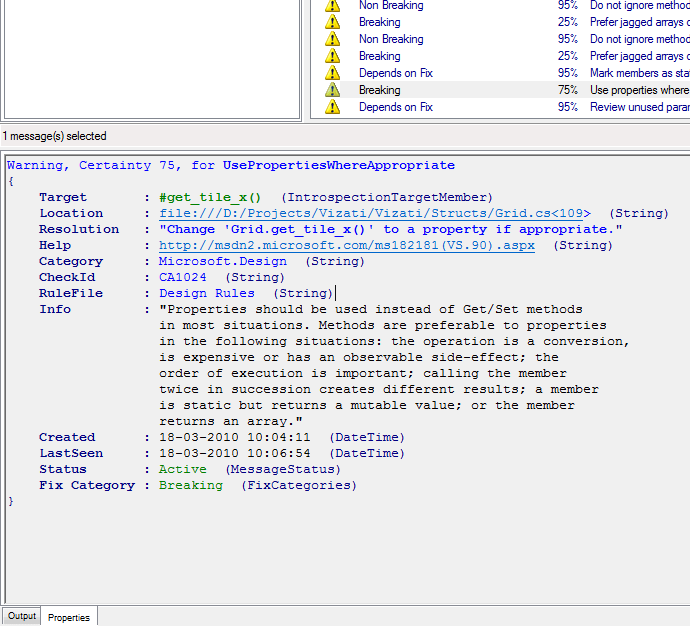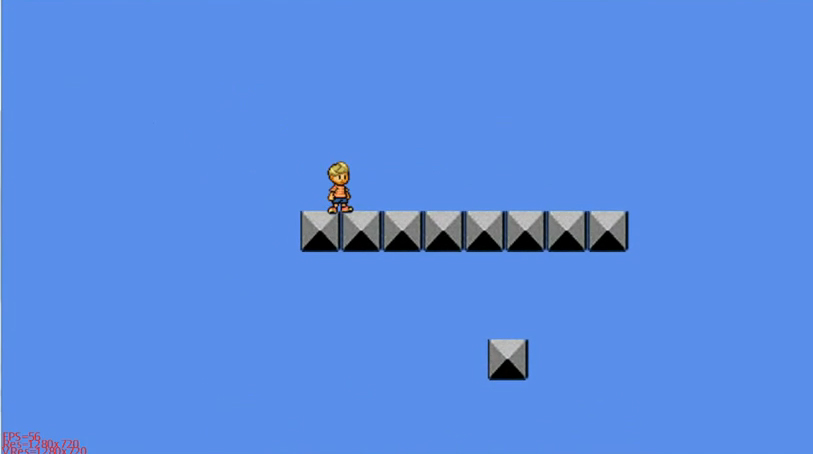
Using Isolated Storage to save/load files on Windows Phone 7
I’m seeing a lot of forum threads with people asking how to save/load files on Windows Phone 7, well for XNA 4 in general. You can use IsolatedStorage for that using System.IO.IsolatedStorage; Both save and load can be done by creating a IsolatedStorageFile, I then use a Filestream and write with a binaryWriter IsolatedStorageFile store = IsolatedStorageFile.GetUserStoreForApplication(); // grab the storage FileStream stream = store.OpenFile("test.txt", FileMode.Create); // Open a file in Create mode BinaryWriter writer = new BinaryWriter(stream); float myvar = 5.0f; writer.Write("something"); writer.Write(myvar); writer.Close(); For loading is pretty much the same thing: ...


